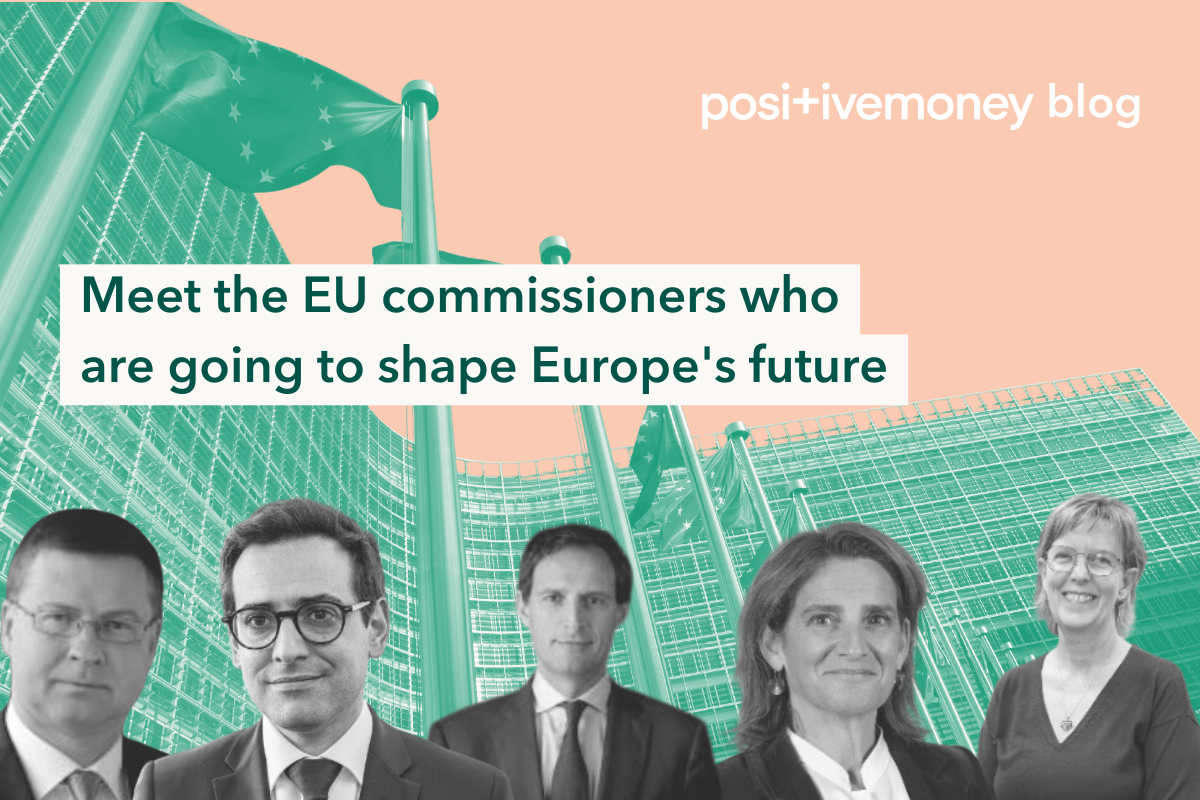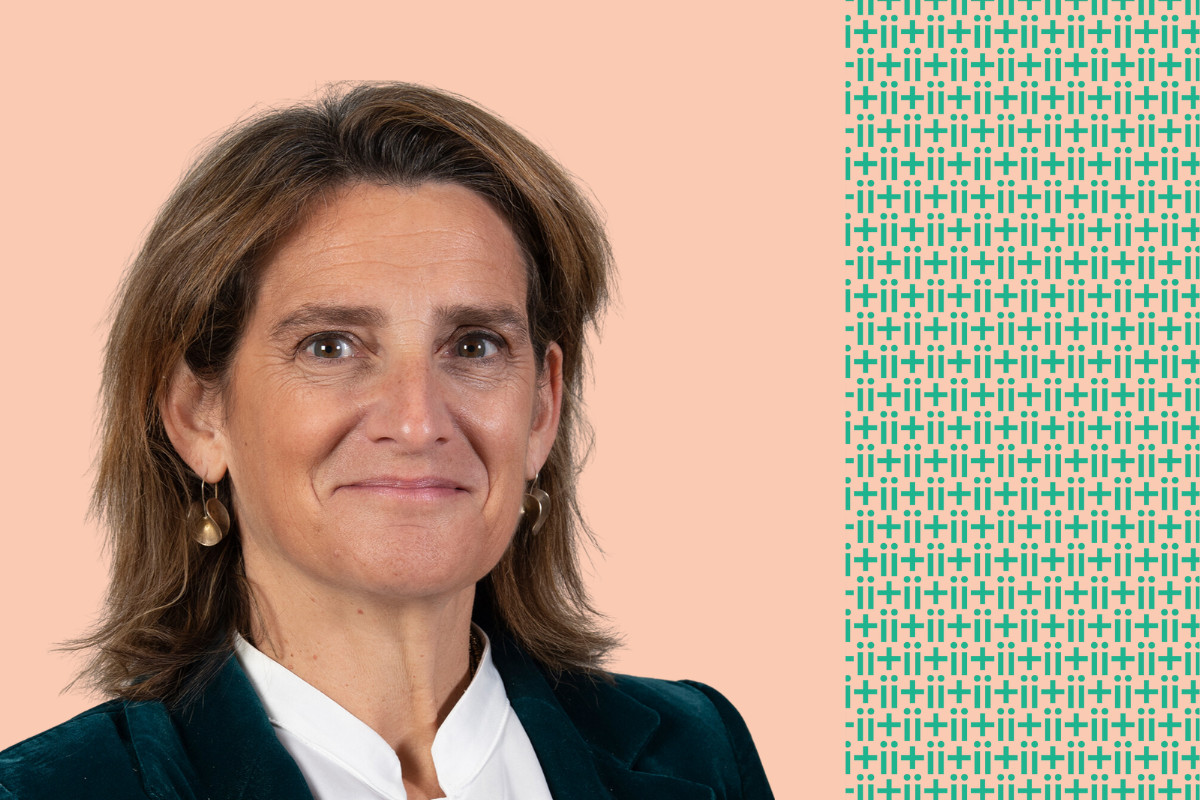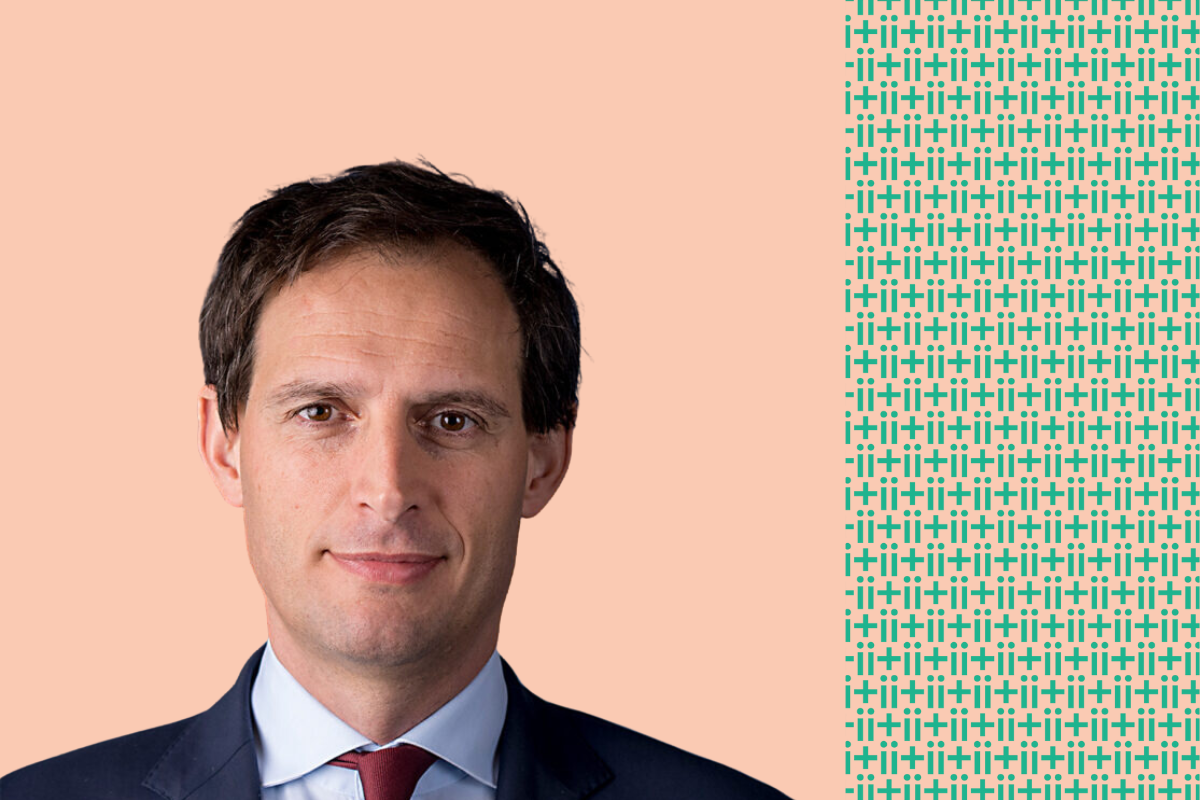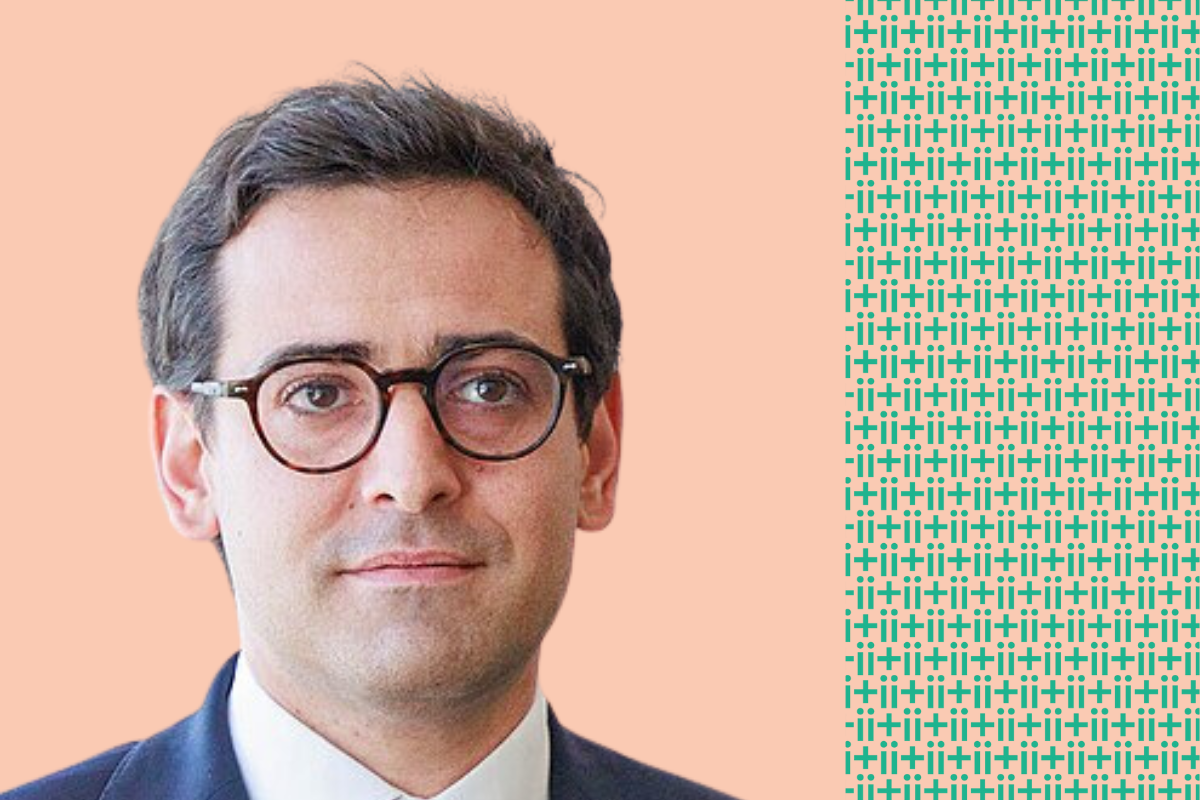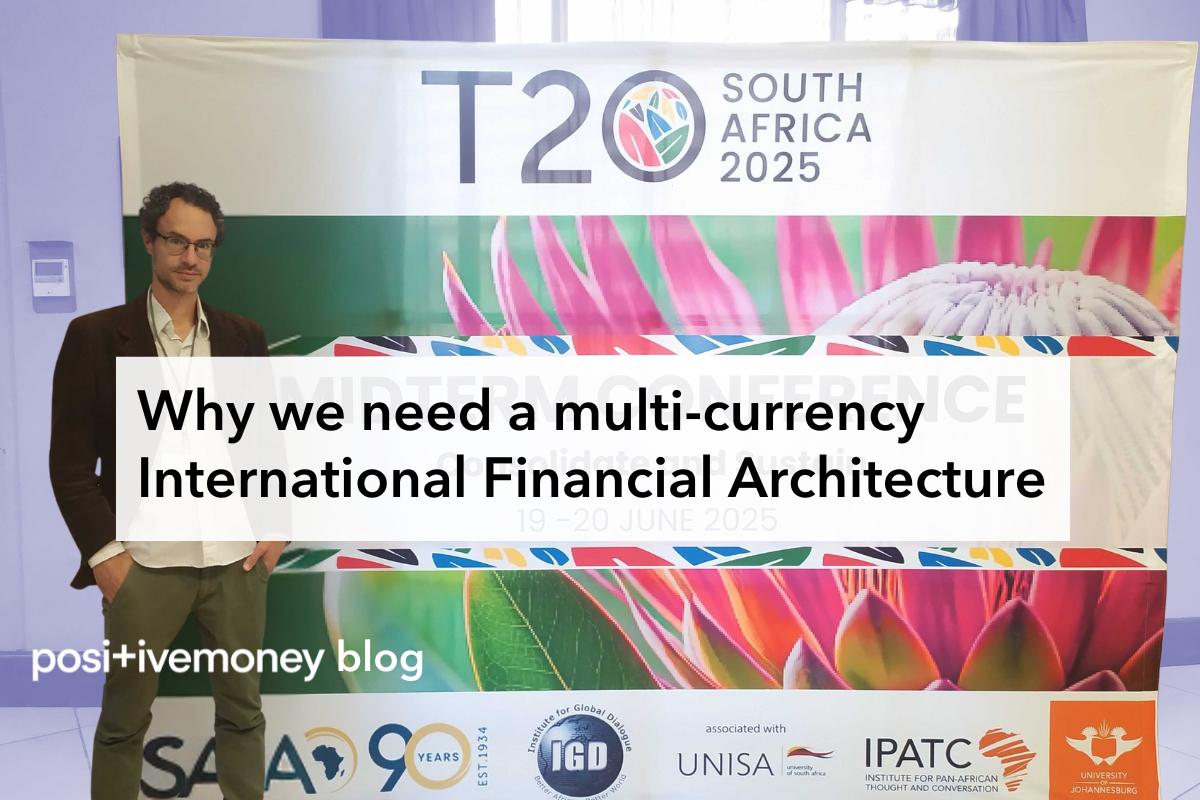
EUUK
3 July 2025
The European Commission is a fundamental part of the European Union (EU) and one of its most important institutions. Following the European elections earlier this year a new College of Commissioners is being appointed. Who will be the ones to shape Europe’s climate and economic policy?
The Commission’s centrality in the EU is largely due to it being the primary institution that can make proposals for legislation. These proposals are passed on to the European Parliament and the Council to amend and are then voted on. The Commission is also responsible for ensuring that the EU’s policies and laws are correctly applied across member states.
This power to propose laws, known as “legislative initiative”, means that Commissioners play a key role in shaping EU policy. There are 26 Commissioners and a Commission President, one per EU member state. They work like ministers in a government, but for the EU rather than a single country. Each of them is responsible for a given policy area, so who gets chosen for the role is very important. In practice, it can define which laws get tabled – and which don’t.
Commissioners are not directly elected, they are proposed by member states and appointed by the President of the Commission, currently Ursula von der Leyen. There is, however, some democratic oversight in this process: before they can take up their position the Commissioners must attend hearings by the European Parliament.
These hearings will take place from the 4th to 12th November and are an integral part of the renewal process of the Commission. In essence, members of the European Parliament (MEPs) will evaluate the designates’ résumés, asking questions to determine if they are fit for the role and what their stances are on relevant topics. The College of Commissioners must then be approved by a vote in Parliament.
Five nominees will be responsible for the EU’s climate and economic policy in the coming term. Who are they?
Position: Executive Vice-President for a Clean, Just and Competitive Transition
CV: Spanish Minister for the Ecological Transition, 2018–present. She started as a technocrat and diplomat focused on climate change and then led on discussions about implementing the EU’s green agenda, thus having a reputation for being a good administrator and negotiator.
Responsibilities: To oversee European Union measures to fight climate change and increase economic competitiveness in a socially fair way.
Position: Commissioner for Climate, Net Zero and Clean Growth
CV: Dutch Minister of Finance 2017–2023, Commissioner for Climate Action 2023–present. Hoekstra's nomination is set to be challenging since he opposed the Dutch government's plan to end gas exploitation and reduce harmful nitrogen emissions. He previously worked for an oil and gas company.
Responsibilities: To achieve the objectives set by the European Green Deal with a focus on decarbonising the industry and strengthening climate adaptation.
Position: Executive Vice-President for Prosperity and Industrial Strategy
CV: Member of the European Parliament, 2019–2024. Strong cooperation between the last-minute French nomination and Ribera is essential to ensure that industrialisation will go hand in hand with climate action.
Responsibilities: To enhance competitiveness and industrial growth, increase and coordinate investments in key areas like finance, energy and decarbonisation.
Position: Commissioner for Economy and Productivity, Implementation and Simplification
CV: Executive Vice-President for the Euro and Social Dialogue, 2019–2024. The responsibility to ensure quick progress on the digital euro will be in the hands of one of the most stable and appreciated presences in the European Commission.
Responsibilities: To ensure adequate green and digital investments, to harmonise EU banking and capital market rules and simplify the implementation of existing laws.
Position: Commissioner for Financial Services and the Savings and Investments Union
CV: Member of the Portuguese Parliament 2015–2019, Chair of the Sustainability Committee of asset management firm Arrow Global Group 2016–2021, director of investment bank Morgan Stanley 2021–present. Albuquerque is frequently associated with fiscal conservatism, favouring budget discipline and cutting public debt and economic stability.
Responsibilities: To harmonise EU banking and capital market rules whilst overseeing the implementation of the sustainable finance legislation.
The future Commissioners in charge of climate and economic policy must reaffirm the urgent necessity of completing the EU’s climate transition. This cannot be done without deep changes to our economic priorities. As identified in recent reports (Letta, Draghi), substantial investments will be needed to ensure that Europe becomes carbon-neutral and adapted for climate change by 2050. Yet the sustainable finance framework adopted at the end of the previous mandate will not be enough to reorientate private investment to the necessary projects (renewable energy, building renovations, electrification etc.).
The Covid-19 pandemic and spike in energy prices forced member states to support the economy through public investments, straining their financial resources. There is now little room for increasing public spending under current EU budgetary rules, which put a cap of 3% on annual public deficit. In these circumstances, Commissioners must consider alternative solutions.
An area that has not been explored fully is using monetary policy to support Europe’s climate transition. One option would be for the European Central Bank (ECB) to further incentivise investments in green projects. These investments are made artificially more expensive by the high interest rates set by the ECB, when they could instead benefit from lower rates compared to investments that hurt the climate and environment (like fossil fuels). In addition, the ECB could change its borrowing conditions to make it less appealing for banks to hold and use polluting assets, as explained in our latest report.
Members of the European Parliament, as direct representatives of citizens’ interests in the EU, have a responsibility to hold Commissioners accountable for their policy choices. The climate emergency requires immediate action, in particular when it comes to financing Europe’s goal of being net-zero by 2050. With increasing concerns around economic growth and international competition, European leaders must not forget that the cost of climate inaction is monumental - and that should be reason enough to act now.
